Understanding Oranges and Their Effects on Dogs
Oranges are a juicy and nutritious fruit packed with vitamin C, fiber, and antioxidants, making them a healthy choice for humans. But what about dogs? Can they safely eat oranges? While oranges are not considered highly toxic to dogs like chocolate or xylitol, they do come with some potential risks and benefits. This article will explore whether dogs can eat oranges, what happens if they consume too much, and how to keep your pet safe.
Are Oranges Safe for Dogs?
The good news is that oranges are generally safe for dogs to eat in moderation. However, they should only be given as an occasional treat and not a regular part of their diet. Here are some key considerations:
High Sugar Content: Oranges contain natural sugars, which can contribute to weight gain and diabetes if consumed in large amounts.
Citrus Acidity: The citric acid in oranges can cause stomach upset in some dogs, leading to diarrhea or vomiting.
Peels and Seeds: Orange peels are difficult to digest and may cause intestinal blockages, while the seeds contain small amounts of harmful compounds.
How Much Orange Can Dogs Eat?
If you want to share an orange with your dog, moderation is key. A few small bites of the flesh (without seeds or peel) are generally safe, but overfeeding can lead to digestive problems.
Small dogs: A couple of small pieces (one or two segments max)
Medium dogs: Two to three segments
Large dogs: Up to four segments
It’s always best to start with a small amount and monitor your dog for any adverse reactions before offering more.
Potential Benefits of Oranges for Dogs
If given in moderation, oranges can offer some health benefits to dogs:
Vitamin C Boost: Helps support the immune system and overall health.
Hydration: Oranges have a high water content, which can help keep your dog hydrated.
Dietary Fiber: Can aid digestion and promote gut health.
What Happens If My Dog Eats Too Many Oranges?
While oranges are not toxic to dogs, overconsumption can lead to health problems. If your dog eats too many oranges, they may experience:
Upset Stomach: Diarrhea, vomiting, and bloating due to excess citric acid and fiber.
Sugar Overload: Can lead to weight gain and increase the risk of diabetes in dogs.
Gastrointestinal Blockage: If your dog consumes the orange peel or seeds, it could cause digestive blockages that may require veterinary attention.
Increased Acidity: Too much citrus can lead to discomfort and acid reflux.
Signs Your Dog May Have Eaten Too Many Oranges
If your dog has eaten a large number of oranges, watch for the following symptoms:
Diarrhea and loose stools
Excessive drooling
Vomiting
Lethargy
Bloating or discomfort
Loss of appetite
Immediate Actions If Your Dog Eats Too Many Oranges
If you suspect your dog has consumed an excessive amount of oranges, follow these steps:
Monitor Symptoms: If they exhibit mild stomach upset, watch for improvement within 12-24 hours.
Provide Fresh Water: Hydration can help flush excess sugar and acidity from their system.
Avoid More Citrus Foods: Refrain from giving your dog any more oranges or other citrus fruits until they recover.
Contact Your Veterinarian: If symptoms persist or worsen, seek professional advice.
Seek Emergency Care: If your dog has severe diarrhea, vomiting, or signs of a blockage, get veterinary help immediately.
How to Safely Offer Oranges to Your Dog
If you want to share oranges with your dog, follow these guidelines:
Remove seeds and peel. Only offer the flesh in small amounts.
Introduce gradually. Start with one small piece and monitor for any reactions.
Use as an occasional treat. Oranges should not replace a balanced diet.
Avoid processed citrus products. Orange juice and artificial orange flavors often contain added sugars and preservatives that can be harmful.
Should Dogs Eat Oranges?
Oranges can be a refreshing and nutritious treat for dogs when given in moderation. However, due to their high sugar and acid content, they should only be offered occasionally. If your dog eats too many oranges, monitor them for signs of stomach upset and consult a veterinarian if needed.
Need Trusted Pet Care? Contact Dan’s Pet Care Today!
At Dan’s Pet Care, we provide expert pet care services, nutrition advice, and professional support to keep your furry friend happy and healthy. Visit our website or reach out to us today for reliable pet care solutions!





